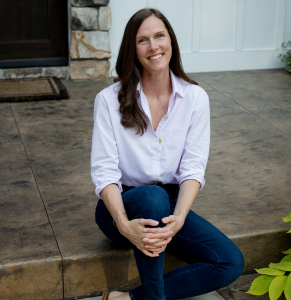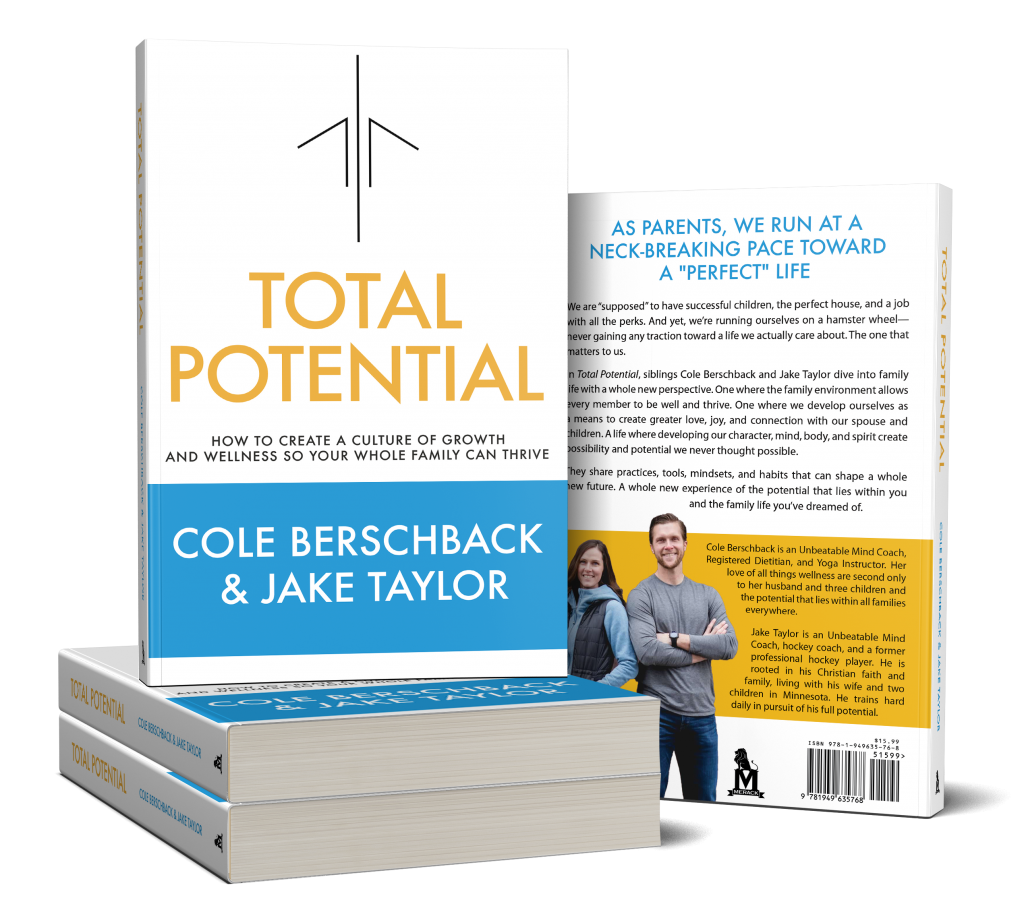We all experience struggle or hardship – loss, divorce, trauma, disease, war. Sometimes the struggles are smaller like getting cut from the team or strain on a friendship. Our struggles great and small feel unique to us all.
Its not hard to bring to mind people who decide, sometimes unwittingly, to sit inside of struggle and remain there indefinitely. Sometimes, we repeat patterns of struggle. Then there are people who experience extreme hardship and rise so far above their personal struggle. The same experience can have vastly different outcomes. However, if we know we get to make the choice, how do we go from surviving to thriving? For anyone experiencing struggle, the process of moving through it is not black and white, simple or obvious. There are layers and complexity to surviving anything.
Learning the Hard Way
This is an experience I know intimately. At the age of 19, I was hit by a drunk driver as I crested a hill on a two lane highway. He was driving in my lane. The flash of light and heat of explosion rushed through at highway speed. After my car spun to a stop, I immediately went into survival mode trying to find a way out of my car and call for help. But survival mode lasted a lot longer than just the ambulance ride to the hospital. The surgeries and healing took months. Wrapping my head around the experience took years. My life was hugely different inside of a one second crash. I was vastly different.
The immediate survival period of any trauma feels like a bomb went off and people are rushing to the scene. There is a certain length of time where one is sort of expected to suffer and people surrounding us are vigilant during that time. They coordinate logistics, appointments, or the nuances of a changed life. They clean wounds, bring over meals, and pick up the slack at work. However, there comes a time when we return to being somewhat recognizable and that is the period when things actually get much harder. Going through this part of survival is a bit like being a swimming duck. From the surface, the duck appears to be peacefully floating along while under the surface its feet are paddling for it’s life. The complexity of surviving anything really begins here.
Survival is a Teacher
Survival mode is not much fun but does offer productive lessons. Perhaps we turn toward faith. Maybe a key relationship is strengthened, or a toxic relationship is cut out. Self-mastery concepts that help us build success in daily life also connect to these chaotic survival experiences. Gratitude, building physical strength, and staying connected to purpose help us move through crisis.
The Power of Gratitude
For me, the initial phase of survival was full of gratitude. Gratitude for being alive, healing, my family, and a deeper connection to faith. Fortunately, I had long practiced gratitude. Curtesy of Oprah, I was introduced to the idea of keeping a daily gratitude journal. Everyday since I was 15, I had written the five things I was most grateful for. (Looking back on it is actually hilarious as you can track who I was dating, which sports I was playing and which hairstyle I was rocking at any given time but the practice was there nonetheless). And so as soon as I could after the accident, I began writing what I was grateful for each day. Even when pain was all around, I still had a tremendous amount to be grateful for.
It Takes Some Grit
Another component of self-mastery that I had in my tool box was a certain amount of grit and resilience. Resilience naturally varies from person to person but things like learning to work hard in school and on athletic teams honed my skills in this area. I came at the physical healing process like an athlete. I approached returning to school and graduating on time as a challenge well accepted. Grit was definitely my friend.
And so I moved on with my life, returning to a regular person who appeared unscathed. But there were some challenges of surviving that took many more years to become aware of and find solutions for. These challenges were quieter and more nuanced but deeply rooted.
One challenge was that I had become attached, with no conscious intent, to being a victim of my circumstance. Life had changed so much and as I struggled to navigate little questions (“when can I go back to school?”) and huge questions (“why did God keep me here?”), I found myself tied to this one life altering experience. But the things that we survive are not there so that we can survive them continually. In survival mode, we are intimately attached to the struggle. To truly move on, some serious things needed to happen.
Forgiveness
Forgiveness for the person driving the other car came quickly. I was rocked to my core by another humans choice, but it felt toxic to hold on to resentment toward him from the beginning. He lost his life in the accident, a fate that left his children with no father. I prayed for them and forgave him.
I had not forgiven myself. In fact, I did not have any sense that I needed to forgive myself. And yet, as I became aware that I was still holding this experience close, I realized I too needed forgiveness. I had to grant myself forgiveness for putting my family through a parents worst nightmare. And while I could not have made a different choice for him, I had to forgive myself for being there when another person lost his life. Period.
Accountability
This is where the layers come into play. Gratitude revealed resilience which revealed self-awareness which revealed a need for forgiveness. And once I found forgiveness, sitting there waiting for me was accountability.
While I was driving safely and someone else was not, I had never taken any accountability for this experience entering my life at all. I was indeed the victim. But what about the choices I was making outside of that particular night? What about the shape my life was taking before everything changed? What about the fact that I went off to college at a place where being skinny and rich really matters and got totally sucked into that culture? Or what about the fact that I had turned from a simple, humble girl from the Midwest into someone dreaming of life that measured up to someone else’s standards? I had changed in my first year away at college. Not in my core but on the surface. All that fluff was bullshit and God taught me a tough lesson on it to be sure. It couldn’t change what had happened, but taking accountability for my own actions was transformative.
Meet Pain with Love
A final leap out of surviving and into thriving came to me during a meditation at yoga teacher training – certainly a place where breakthroughs are bound to happen but surprised me nonetheless. During the meditation, my teacher asked us to bring to mind someone that had brought us great pain. An image of a figure I’ve never actually seen came to mind – the man driving the other car. Then, we were asked to offer that person, in our mind’s eye, great love. That instant changed my life. Tears poured down my face at the relief of countless years of pain.
When I offered only love to someone who had been involved in the pain of my body, mind, and spirit, I was no longer chained to the pain. I don’t have to say what happened was okay. I don’t have to be in relationship with this person. But I do have to live with myself. And love for him is the same love and compassion I need for myself. And so love set me free.
Set Free
The fact is that we would not be who we are without the experiences life provides. I am grateful for going though something I wouldn’t wish on anyone, ever. I’m grateful that I learned the importance of faith, family, and gratitude at a young age. It was a gift to learn to live one day at a time because my “could have been last day” has come and gone. I am physically marked by this accident and a choice that someone else made, but now these scars remind me of strength, blessing, and how love changed everything.

Cole Bershback
Cole is a wife and mom of three. As a Registered Dietitian, certified yoga instructor, and Unbeatable Mind Coach, she has committed her life to wellness and the pursuit of our highest potential. If grit and love had a child, it would be Cole Bershback.



